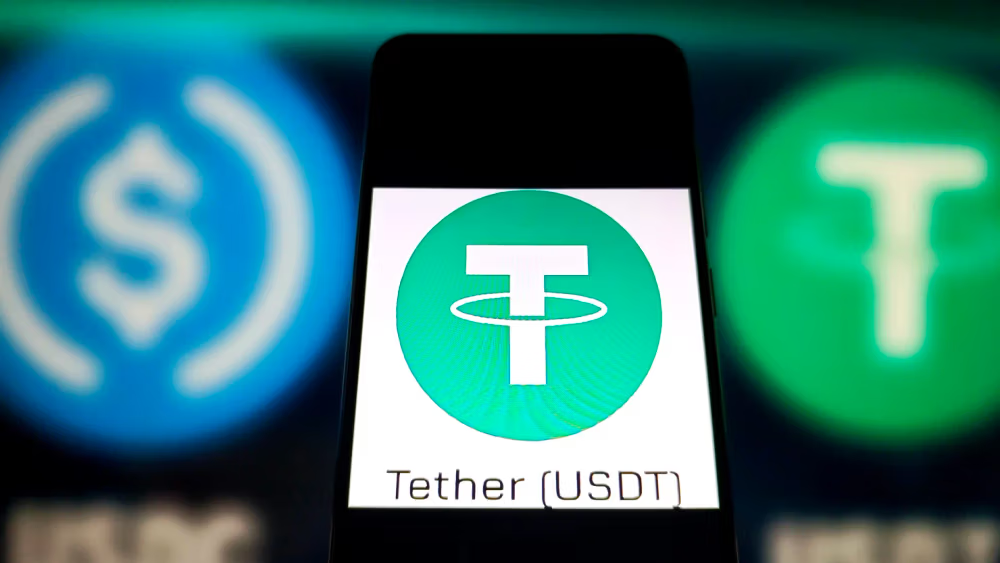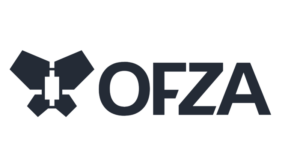Hong Kong passed new legislation on Wednesday to bring stablecoins under its cryptocurrency licensing regime, a move aimed at tightening oversight while promoting financial innovation in the digital asset space.
Stablecoins, unlike highly volatile cryptocurrencies like bitcoin, are pegged to real-world assets such as fiat currencies or commodities like gold, offering a more stable alternative in digital finance.
The newly enacted law focuses on fiat-referenced stablecoins and mandates that issuers must obtain a license from the Hong Kong Monetary Authority (HKMA). These issuers will be required to meet a series of regulatory obligations, including sound reserve asset management and clear segregation of client assets.
The HKMA said the new framework will “enhance Hong Kong’s existing regulatory framework on virtual-asset (VA) activities, thereby fostering financial stability and encouraging financial innovation.” The central bank added that further consultations would be held to refine the detailed requirements of the new regime.
The Hong Kong government confirmed in a statement that the stablecoin policy is expected to take effect later this year, with a transitional period to give the industry adequate time to adapt to the new rules.
Hong Kong first launched its virtual asset licensing regime in 2023, requiring crypto firms operating in the city to register and meet specific standards in order to serve retail investors. However, that framework did not initially cover stablecoins.
“Hong Kong’s new stablecoin policy sets a global benchmark by mandating full reserve backing, strict redemption guarantees, and HKMA oversight,” said YeFeng Gong, risk and strategy director at HashKey OTC, the trading arm of the licensed HashKey Group.
The policy “ensures institutional-grade reliability for traders while positioning Hong Kong as a leader in compliant digital finance,” Gong added.






